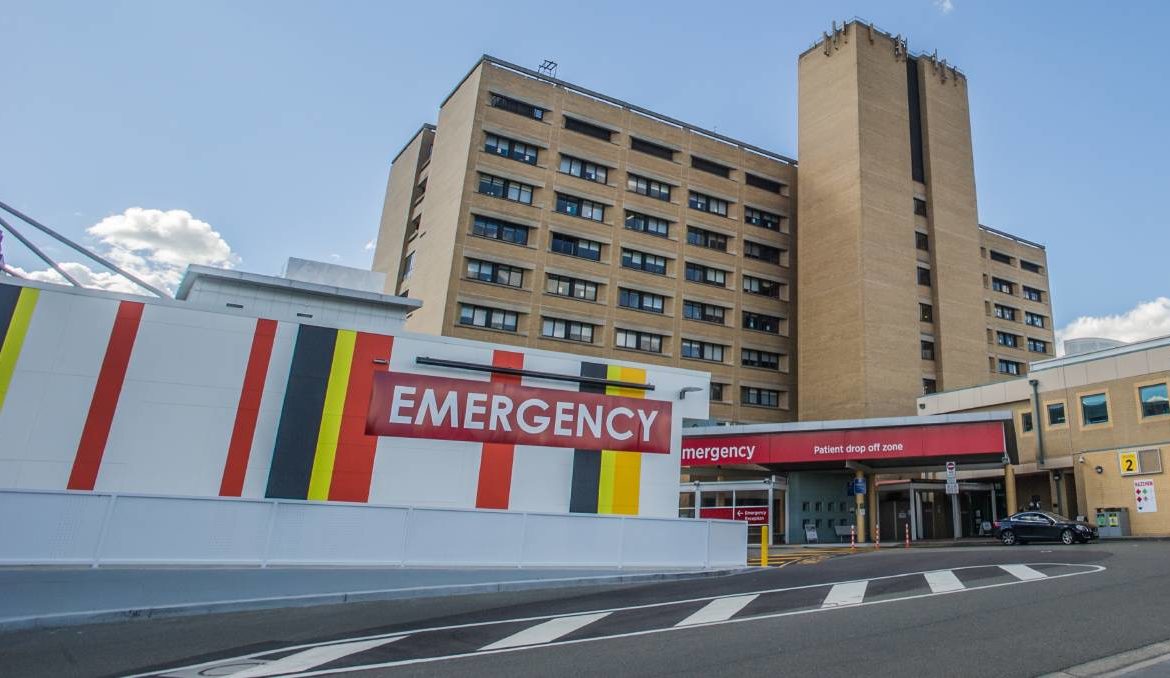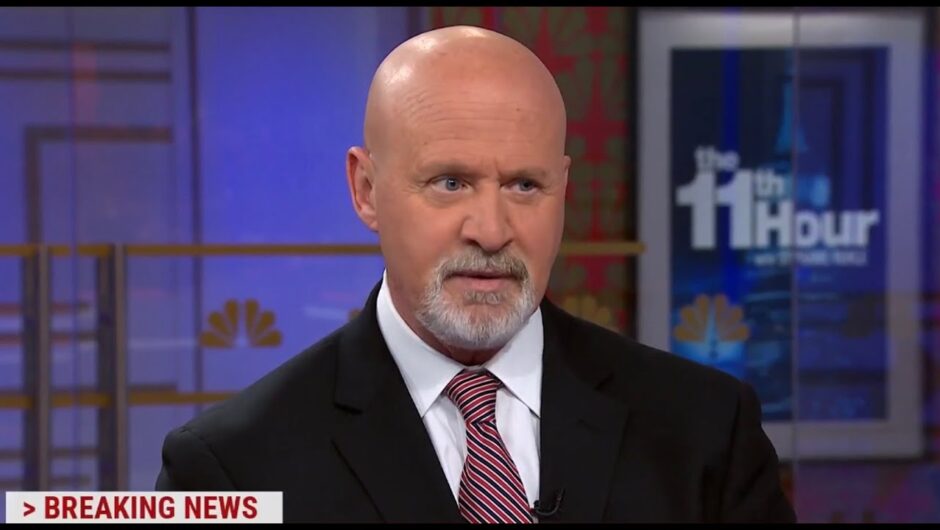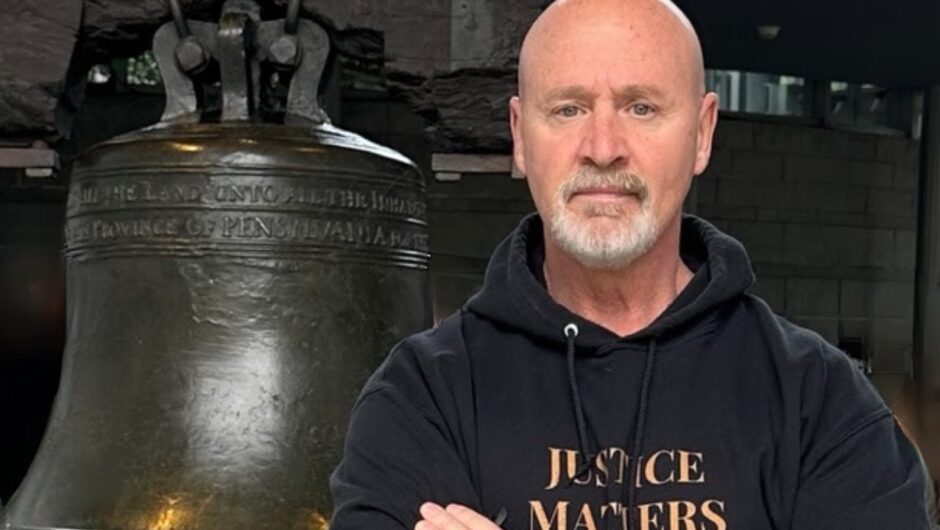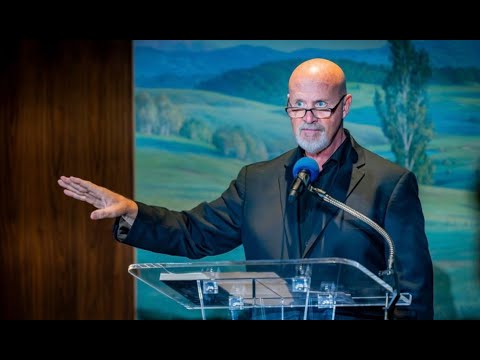news, latest-news,
An inquest into the deaths of four people who died by suicide at the Canberra Hospital has renewed calls for an overhaul of the ACT Coroner’s Court plagued by a case backlog. The problem was so extensive the families of some patients were made to wait more than five years for an outcome. Two lawyers were seconded from other ACT government departments last month to help with the workload but the real solution would be the appointment of a dedicated coroner, the ACT Law Society said. Currently, nine magistrates were rotated from other courts and when deaths were examined together, as was the case with the Canberra Hospital proceedings, several judges could be part of the same inquest, resulting in delays. In addition to a push for a dedicated coroner, reform advocates have voiced concern over coronial processes, including an absence of legal representation made available to families. Legal Aid NSW has a dedicated unit which provides free legal assistance in coronial matters, a service not available in the ACT. There was also no dedicated forensic pathologist for the coroner’s court in Canberra, meaning work was outsourced to private clinicians and toxicology reports were conducted in a government department also responsible for environmental chemistry and microbiology. The average reporting time once results were received was 30 days last year. Canberra’s Alliance for Coronial Reform member Ros Williams said while the court provided counsel to assist the coroner, their role was not to help families. Ms Williams said going through a coronial inquest in the ACT after the loss of her son Ben Williams was a traumatic experience. Mr Williams died in a road accident on the Monaro Highway in 2010, which an ACT coronial inquest ruled was a suicide. “Families often feel they are not equally heard in the court,” Ms Williams said. “I’ve heard someone say they felt like an extra in the play; the process wasn’t so much about them.” Ms Williams said many families also expressed disappointment in the court’s findings and dissatisfaction with the lack of ensuing reform. In the last reporting year, six death-in-custody cases were brought to the attorney-general under mandatory reporting laws. In the case of Theadora Zaal, the coroner found two matters of public safety concern, including insufficient medical coverage of the wards and a lack of appropriately trained staff in life-saving techniques. Ms Zaal died of a cardiac arrest after being admitted into the Calvary Hospital for the removal of an ulcer on her leg. The coroner made recommendations for procedural change and training at the hospital. In the case of Joanne Lovelock, who died of a prescription drug overdose after suspected “doctor shopping”, the coroner recommended a national prescription monitoring system be instituted. In the case of Jandy Shea, a 27-year-old victim of domestic abuse, the coroner recommended the ACT government create a register of family violence perpetrators. The three other cases had not yet been presented to the Legislative Assembly, despite one report being presented to ACT government in September 2019. An ACT government spokesperson said a review of health care facility licensing and regulation in the ACT was being undertaken and would take into consideration the findings from Ms Zaal’s inquest. READ ALSO: It said the government was in the process of implementing its component of a national prescription monitoring system expected to be in operation late this year. And while no domestic violence registrar had been created, the ACT government ensured information about prior offending of violence came before magistrates, including by the marking of police files. “No Australian jurisdiction currently has a register of family violence perpetrators,” the spokesperson said. “The ACT government has referred this issue to the Family Violence Intervention Program Coordinating Committee for consideration.” Several other cases were presented to government throughout the 2019-2020 reporting year, with no response tabled. Taking over from Gordon Ramsay as attorney-general this term, Greens leader Shane Rattenbury said reform was on its way, but chief magistrate Lorraine Walker had expressed doubt over the possibility of a dedicated coroner within the existing budget. The next ACT budget is due in August. Our journalists work hard to provide local, up-to-date news to the community. This is how you can continue to access our trusted content:
/images/transform/v1/crop/frm/fdcx/doc6udprzq2xyrbp0i2iie.jpg/r0_890_2960_2562_w1200_h678_fmax.jpg
An inquest into the deaths of four people who died by suicide at the Canberra Hospital has renewed calls for an overhaul of the ACT Coroner’s Court plagued by a case backlog.
The problem was so extensive the families of some patients were made to wait more than five years for an outcome.
Two lawyers were seconded from other ACT government departments last month to help with the workload but the real solution would be the appointment of a dedicated coroner, the ACT Law Society said.
Currently, nine magistrates were rotated from other courts and when deaths were examined together, as was the case with the Canberra Hospital proceedings, several judges could be part of the same inquest, resulting in delays.
In addition to a push for a dedicated coroner, reform advocates have voiced concern over coronial processes, including an absence of legal representation made available to families.
Legal Aid NSW has a dedicated unit which provides free legal assistance in coronial matters, a service not available in the ACT.
There was also no dedicated forensic pathologist for the coroner’s court in Canberra, meaning work was outsourced to private clinicians and toxicology reports were conducted in a government department also responsible for environmental chemistry and microbiology.
The average reporting time once results were received was 30 days last year.
Ms Williams said going through a coronial inquest in the ACT after the loss of her son Ben Williams was a traumatic experience.
Mr Williams died in a road accident on the Monaro Highway in 2010, which an ACT coronial inquest ruled was a suicide.
“Families often feel they are not equally heard in the court,” Ms Williams said.
“I’ve heard someone say they felt like an extra in the play; the process wasn’t so much about them.”
Ms Williams said many families also expressed disappointment in the court’s findings and dissatisfaction with the lack of ensuing reform.
In the last reporting year, six death-in-custody cases were brought to the attorney-general under mandatory reporting laws.
In the case of Theadora Zaal, the coroner found two matters of public safety concern, including insufficient medical coverage of the wards and a lack of appropriately trained staff in life-saving techniques.
Ms Zaal died of a cardiac arrest after being admitted into the Calvary Hospital for the removal of an ulcer on her leg.
The coroner made recommendations for procedural change and training at the hospital.
In the case of Joanne Lovelock, who died of a prescription drug overdose after suspected “doctor shopping”, the coroner recommended a national prescription monitoring system be instituted.
In the case of Jandy Shea, a 27-year-old victim of domestic abuse, the coroner recommended the ACT government create a register of family violence perpetrators.
The three other cases had not yet been presented to the Legislative Assembly, despite one report being presented to ACT government in September 2019.
An ACT government spokesperson said a review of health care facility licensing and regulation in the ACT was being undertaken and would take into consideration the findings from Ms Zaal’s inquest.
And while no domestic violence registrar had been created, the ACT government ensured information about prior offending of violence came before magistrates, including by the marking of police files.
“No Australian jurisdiction currently has a register of family violence perpetrators,” the spokesperson said.
“The ACT government has referred this issue to the Family Violence Intervention Program Coordinating Committee for consideration.”
Several other cases were presented to government throughout the 2019-2020 reporting year, with no response tabled.
Taking over from Gordon Ramsay as attorney-general this term, Greens leader Shane Rattenbury said reform was on its way, but chief magistrate Lorraine Walker had expressed doubt over the possibility of a dedicated coroner within the existing budget.
The next ACT budget is due in August.
- Support is available for those who may be distressed by phoning Lifeline 13 11 14; Mensline 1300 789 978; Kids Helpline 1800 551 800; beyondblue 1300 224 636; 1800-RESPECT 1800 737 732.
Our journalists work hard to provide local, up-to-date news to the community. This is how you can continue to access our trusted content:







